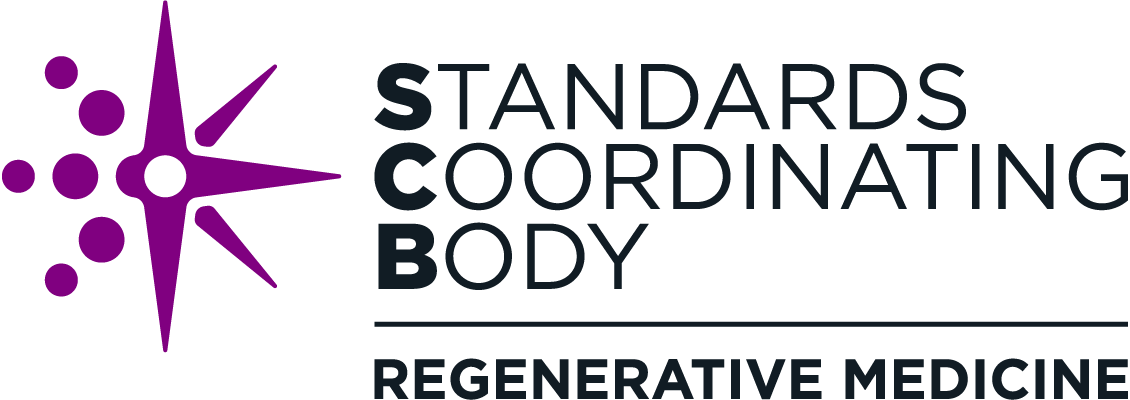IEEE: Standards Development Process
The Institute of Electrical and Electronics Engineers (IEEE) is the world’s largest technical professional organization and is concerned with the advancement of electrical and electronic engineering, telecommunications, computer engineering, and related disciplines. The IEEE Standards Association (IEEE SA) has published nearly 1,200 active standards with more than 900 additional projects under development.
IEEE STandards Committees
IEEE carries out its standards development work through more than 100 standards committees under its 42 technical societies. Project authorization requests (PARs) are managed by the IEEE technical society responsible for the scope and content of a proposed standard after evaluation by the IEEE Standards Board to determine the need for the standard and likely participation in the standard development process.
The Engineering in Medicine & Biology Standards Committee (EMB-SC)
Standing standards committee within the Engineering in Medicine & Biology Society (EMBS); areas of interest relevant to regenerative medicine include:
Bioinformatics
Biotechnology
Clinical engineering
Instrumentation and measurement
Micro and nanotechnology
Standards Development Process
IEEE’s standards development process has six stages:
Initiating the Project: A potential working group submits a PAR outlining the rationale and objective for a standards development project, which is then assigned to an appropriate standards committee and approved to move forward.
Mobilizing the Working Group: A formal working group is assembled from individuals with relevant technical expertise, knowledge, and dedicated interest in the technology being standardized.
Drafting the Standard: The working group drafts and iterates on the standard.
Balloting the Standard: The draft standard is opened to IEEE SA balloting and a 60-day public comment period.
Gaining Final Approval: The IEEE SA Standards Board approves or disapproves standards based on the recommendation of its Standards Review Committee. Approved standards are published.
Maintaining the Standard: A published standard is valid for ten years from its approval date. During this time, a working group can develop and ballot revisions or extensions to the standard, which are appended as amendments.
How You can Participate in IEEE Standards Development
IEEE’s standard working groups are open to anyone with relevant interest and expertise; however, membership is required to ballot on standards and take project leadership roles. Participants may join as individuals or as representatives of an organization.
Learn More
Learn more about how SCB works with SDOs
